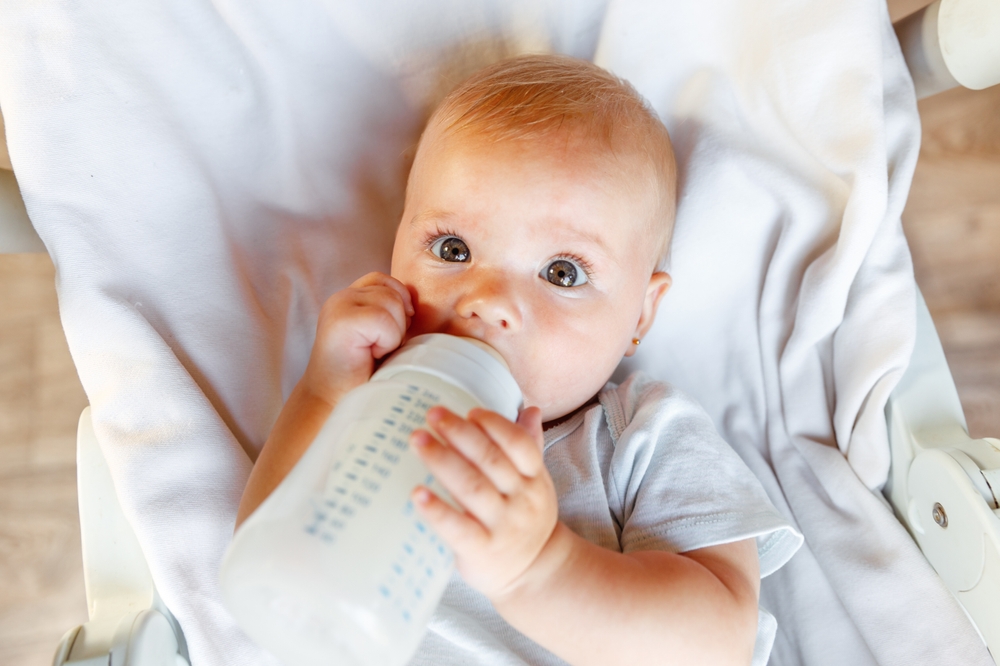How Much Protein You Should Be Eating at Every Age.
Others are reading now
Protein is a crucial building block for the body — from early development to maintaining strength in older age. But how much do you actually need as you grow?
Here’s a clear, age-by-age guide with 12 protein recommendations to help you stay strong and healthy throughout life.
1. Infants (0–6 months)
Also read

Newborns don’t need a lot of protein, but what they do get is vital. Breast milk contains about 0.5 grams of protein per ounce (1.5 g per 100 ml), which is enough to meet their needs during this phase.
2. Babies (7–12 months)

As babies start eating solid foods, their protein needs increase to about 0.7 grams per pound of body weight (1.6 g/kg). Mashed beans, yogurt, and finely chopped meats are great sources.
3. Toddlers (1–3 years)

Toddlers need around 0.5 grams of protein per pound of body weight (1.1 g/kg). A balanced diet with eggs, dairy, chicken, and legumes typically covers this.
4. Preschoolers (4–6 years)

Kids at this age grow fast and need about 19 grams of protein daily. That’s roughly one small chicken breast and a glass of milk.
5. Elementary-age Children (7–10 years)

Protein needs increase to about 24–28 grams daily. A good mix of fish, meat, beans, and eggs can easily provide this.
6. Teens (11–18 years)

Teenagers, especially during growth spurts, need between 40–60 grams of protein daily depending on sex and activity level. Boys often need more due to muscle development.
7. Young Adults (19–30 years)

At this stage, aim for about 0.36 grams per pound of body weight (0.8 g/kg). A 154 lb (70 kg) person would need around 56 grams of protein per day — or more with regular exercise.
8. Adults (31–50 years)

Protein needs stay roughly the same, but many adults fall short. Try to get at least 0.36–0.45 grams per pound (0.8–1 g/kg) to maintain muscle mass and energy levels.
9. Middle Age (51–65 years)

Once you hit 50, protein needs go up slightly to about 0.45–0.54 grams per pound (1–1.2 g/kg) to help slow down age-related muscle loss.
10. Older Adults (66–80 years)

Older adults should aim for 0.54–0.68 grams per pound of body weight (1.2–1.5 g/kg) daily. As the body becomes less efficient at processing protein, getting enough is key.
11. Seniors (80+ years)

Protein becomes even more important for muscle maintenance, immune support, and recovery. Choose easy-to-digest sources like eggs, dairy, and fish — and aim for the upper end of the 1.2–1.5 g/kg range.
12. Pregnant and Breastfeeding Women

Pregnant women should get about 0.5 grams per pound of body weight (1.1 g/kg), and slightly more when breastfeeding — especially in the first few months — to support both mom and baby.


